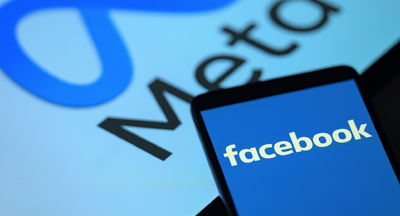The Federal Government and Meta Platforms Inc., parent company of Facebook and Instagram, have reached an out-of-court settlement in the case involving a $32.8 million fine imposed on the company. The fine was issued by the Nigeria Data Protection Commission (NDPC) in February for alleged breaches of the Nigeria Data Protection Act, including using Nigerians’ personal data for behavioural advertising without consent, failing to file its 2022 audit, transferring data abroad, and processing the information of non-users. The NDPC later approached the court to enforce compliance, while Meta filed a counter-suit, arguing it was denied fair hearing and asking the court to void the sanction.
During the July hearing, Justice James Omotosho of the Federal High Court, Abuja, allowed Meta to pursue judicial review but refused to suspend the NDPC’s orders. The matter was adjourned to October 3 for ruling. However, at the resumed sitting, counsel to Meta, Fred Onwuobia (SAN), and NDPC’s lawyer, Adeola Adedipe (SAN), informed the court that both parties had opted for settlement and had already exchanged draft terms. They asked for time to finalise discussions.
Justice Omotosho welcomed the move, noting that the court encouraged amicable resolution. He adjourned the matter to October 31 for either adoption of the settlement terms as a consent judgment or delivery of ruling. The NDPC explained that the sanction against Meta followed a petition from the Personal Data Protection Awareness Initiative, which accused the company of unauthorised data practices, including processing minors’ information for targeted advertising. The Commission ordered Meta to update its privacy policies, conduct a Nigeria-specific data impact assessment, obtain clear user consent before behavioural advertising, and stop unauthorised cross-border data transfers.
Meta rejected the findings, insisting the regulatory process violated its rights under Section 36 of the Constitution.In a related development, the NDPC fined Multichoice Nigeria N766.2 million for breaching the same law, accusing the Pay-TV operator of violating subscribers’ and non-subscribers’ privacy rights and transferring Nigerians’ data abroad without authorisation.











